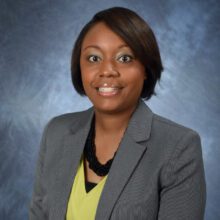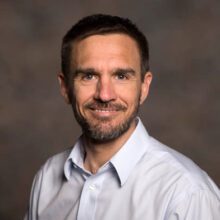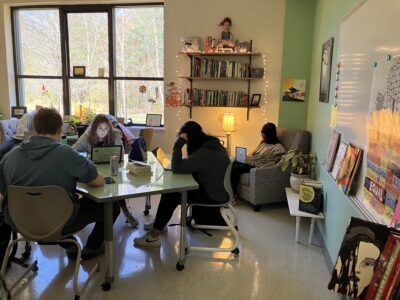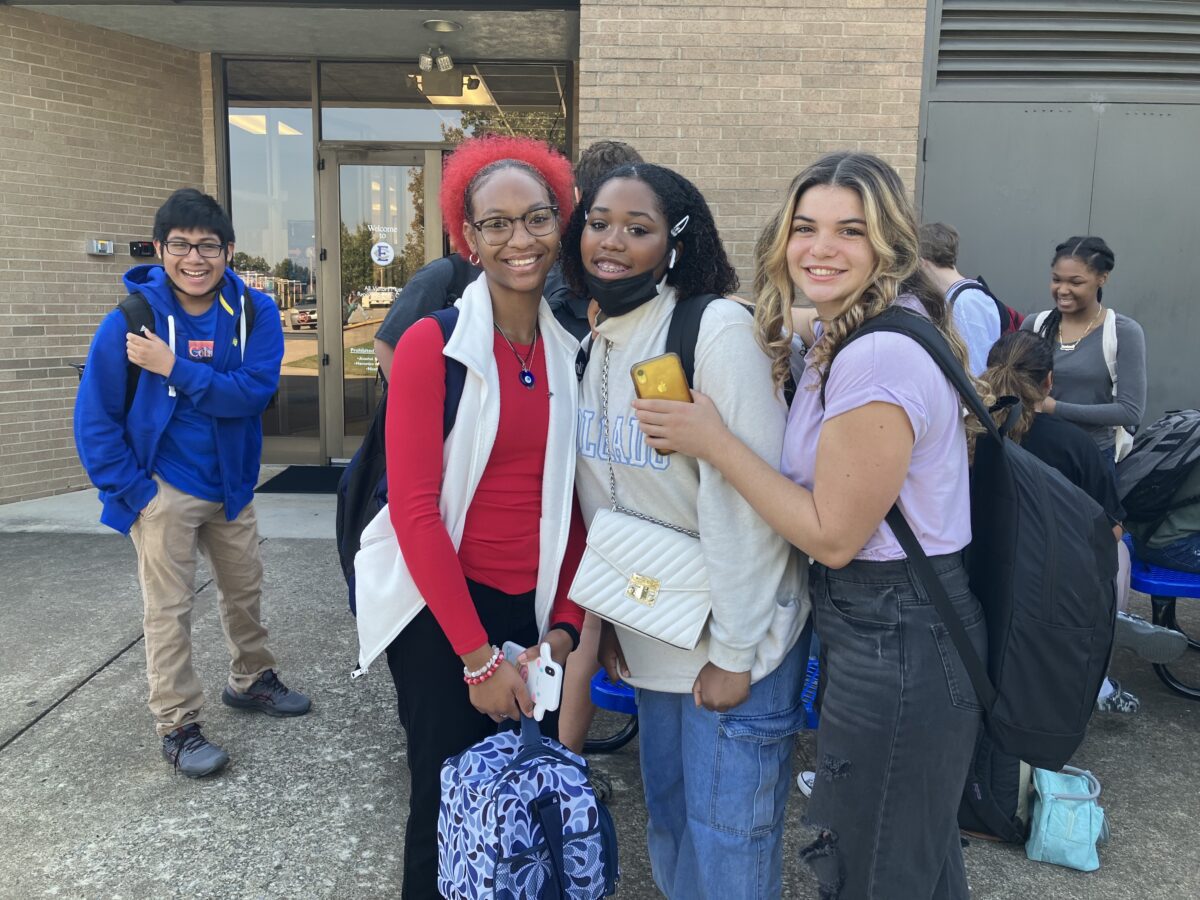
Share this story
- The positive impact of early colleges on the individual lives of North Carolina students and the communities they continue to serve is immeasurable, and it’s worth celebrating.
- The success of North Carolina's early colleges is best illustrated by the stories of students who have benefited from these schools and their dedicated staff members. Geterry Sidbury-Crawford, Jasmine Keene, and Silas Timberlake are among those students.
|
|
Thousands of North Carolina students are enrolled in early college high schools across the state where they are working to earn both a high school diploma and a two-year college degree while still in high school. Early college high schools are a part of the Cooperative Innovative High School (CIHS) model established by the state in 2003 to expand access to high-quality instruction and college programming in a supportive, small group environment for students who research indicates can benefit most from the approach.
Over time North Carolina has become a national leader in this model with over 130 schools graduating thousands of students across the state each year who have earned significant college credit, and even two-year associate degrees, at no cost to their families.
While North Carolina can be proud that the state is viewed as a leader in this work, the success of the early college high school model may be best illustrated by the stories of the students who have benefited from these schools and their dedicated staff members.
In this series, we have highlighted how early colleges are collaborating to improve practice, we have shared how research demonstrates that early colleges are supporting student success, and we’ve described some of the innovative practices these schools employ to help students achieve at high levels in an accelerated learning environment. We now share a few success stories that illustrate how early colleges are changing lives across North Carolina.
Geterry Sidbury-Crawford, Wilmington Early College High School Class of 2018
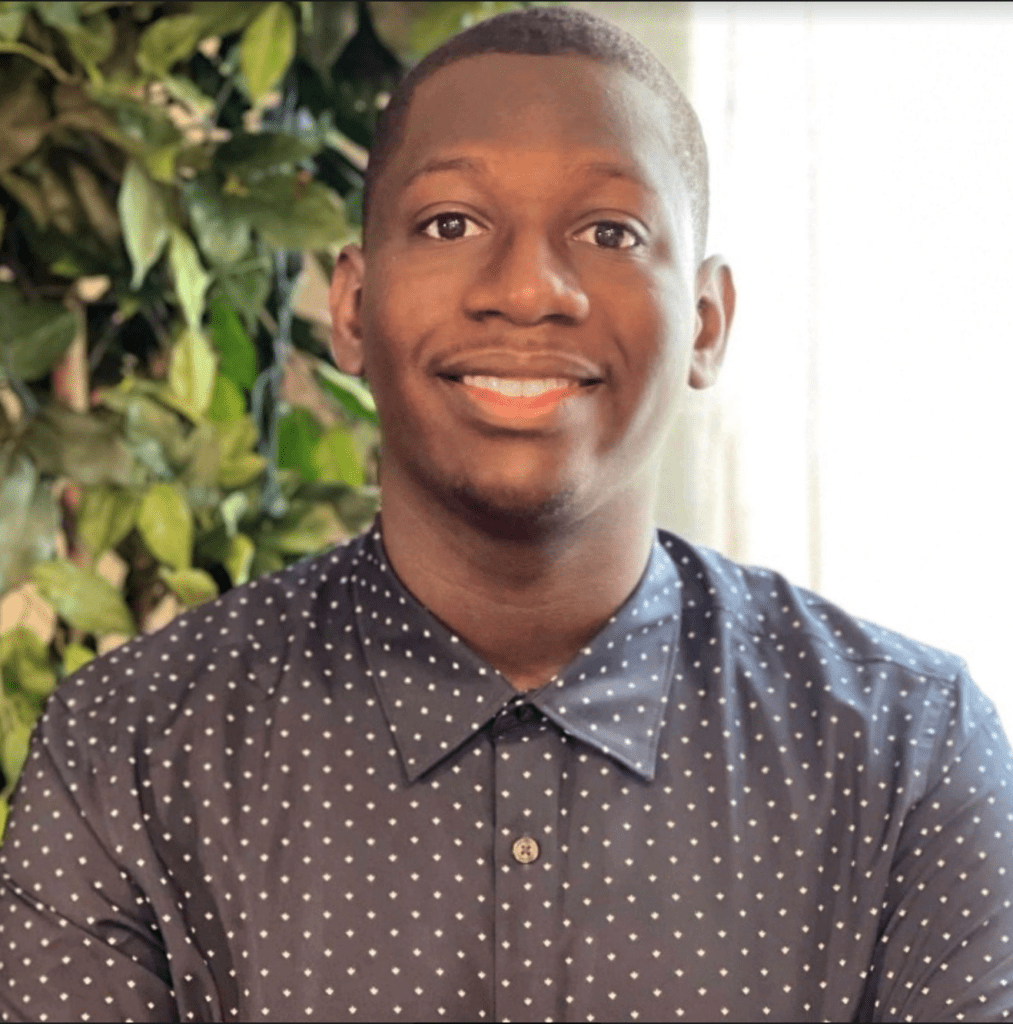
Geterry Sidbury-Crawford earned his high school diploma while also studying to earn an Associate in Science degree in Information Technology and Computer Science from Cape Fear Community College. Because of his early college experience, Sidbury-Crawford is utilizing what he learned in his career as a software developer. He currently is employed at Live Oak Bank as a software engineer where he works on internal infrastructure and provides software solutions for many of the business’s needs.
In talking about his education experience, Sidbury-Crawford shared ways that attending Wilmington Early College High School (WECHS) set him up for success. He received personalized support because of the small student body, was motivated by his peers and the faculty to develop goals and identify a career he wanted to pursue, and was empowered to select an academic pathway that suited his interests. Early in his time at WECHS, Sidbury-Crawford was able to explore new opportunities, and as a result he chose to register for computer programming. The rest was history.
Sidbury-Crawford also shared that before attending WECHS he “wasn’t exactly the most socially inclined individual.” He had struggled with social anxiety for a large part of his life. As a result, throughout much of his time at other public school systems, he lacked the communication skills to develop genuine friendships or even properly converse with his own classmates.
WECHS provided personalized support and his communication skills improved. Without the focused environment that WECHS provided him, Sidbury-Crawford feels like he would have just “gone through the motions” of being a student at another school and would not have explored new opportunities that led to his career. He may not have even graduated, much less pursued a higher education afterwards.
The main reason he treasures the experience of going to an early college is that the staff forced him out of his comfort zone and put him into a position where he had to take ownership of his learning and make choices for himself.
“For the first time, I had to learn independence. Without the staff at WECHS, I wouldn’t have achieved anywhere near the measure of fulfillment I have now,” he said.
Jasmine Keene, Scotland Early College High School Class of 2013
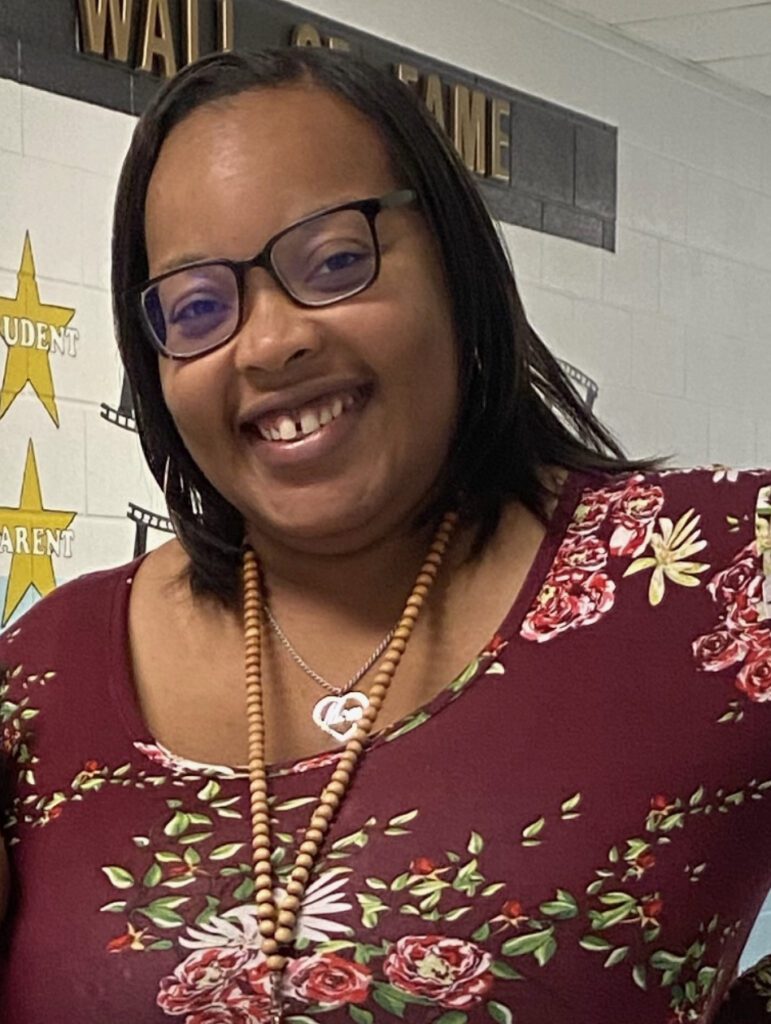
When Jasmine Keene started her career at Scotland Early College, she was undecided about what she wanted to do with her future, but she knew she was interested in working with children. While attending the school, she was able to study traditional high school courses and cultivate her love and understanding of children. Because of her experiences, she now serves as a first grade teacher at Laurel Hill Elementary where she has taught for the past six years.
In speaking with Keene, she shared she felt that the Scotland Early College helped her gain control of her life. She had to become conscientious about what she wanted for her future. She realized that every decision she made could affect her positively or negatively. She also learned independence and self-worth. It increased her understanding of what it would be like as an adult, to make your own decisions, but she still had guidance when she needed it.
She attributes her “go-getter” personality to her experiences in early college. She has always had high expectations for herself, but attending this school created a road map for success. Keene was grateful for the teachers she had that influenced her work today as an educator.
In reflecting on her experience, Keene shared, “They saw something in me that I didn’t see in myself; they continued to encourage me. They pushed me to be the best I could be.”
Her teachers believed in her when she did not believe in herself. She now hopes to be that same guiding light and positive influence on her students.
Silas Timberlake, Cabarrus Early College of Technology Class of 2020
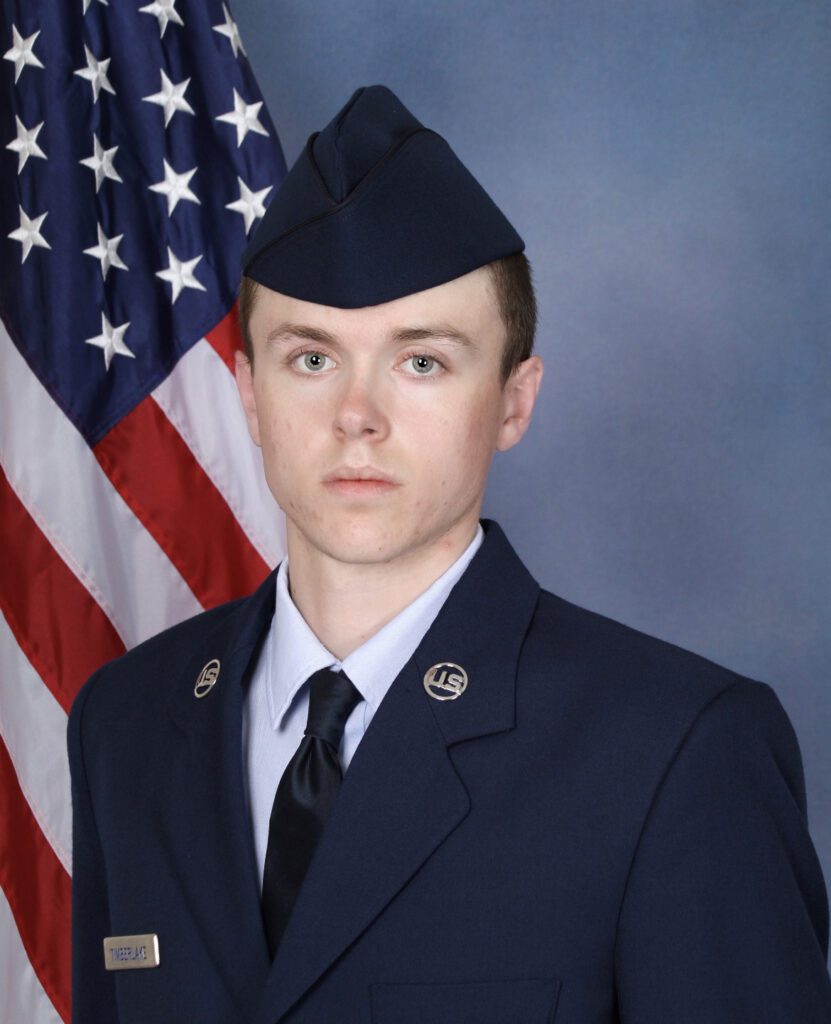
Silas Timberlake was part of the first graduating class of the Cabarrus Early College of Technology in 2020. While attending the school, he was initially on track to complete an Associate of Applied Science degree. However, in his junior year, he switched programs and earned an Associate of Arts degree.
Timberlake shared that since graduating and attending the University of North Carolina at Charlotte (UNCC), a lot has changed in his life. Because of the transfer credits he earned while attending the early college, he was able to graduate with a double major in History and Political Science after just two years at the age of 19. After graduating from UNCC, he chose to enlist in the US Air Force. His current job title is Command and Control Battle Management Operations specialist (C2BMO) where he focuses on the production of Air Tasking Orders.
In addition to providing a college-going environment for students, the early college did a lot to help boost Timberlake’s desire to better himself as a person. It took him out of an environment that he felt was not rigorous or challenging him to grow academically. Additionally, he shared that the small classroom atmosphere allowed teachers and students to make stronger connections than what often happens in larger public schools, where students sometimes can feel treated like a number. From his observations, students were much more willing to express when they were behind or needed extra assistance, and teachers were always willing to provide what the student required to succeed.
The tips he received about handling real-world scenarios like job interviews and resume writing were also incredibly beneficial. Timberlake feels that opportunities like this set him apart from many of his peers who did not attend an early college high school. In fact, Timberlake genuinely has a hard time imagining his life without the early college.
The decision to leave public school and try something significantly different set him up to have the confidence to join the military several years later. He believes Cabarrus Tech pushed him out of his comfort zone in a good way and that his current success is because he took a huge risk years ago to not go the traditional route but to take the path that would set him up to be a decision-maker, ready for the world.
Like these former early college students, there are thousands of others who are currently having life-changing experiences on early college high school campuses across North Carolina. Over two decades ago, North Carolina set a course to invest in early colleges as a new model of high schools that would be incubators of innovation while increasing access to college for students who need it most. The success of students like Sidbury-Crawford, Keene, and Timberlake illustrates what research is also telling us.
Early colleges and other Cooperative Innovative High Schools are making a difference. The positive impact on the individual lives of North Carolina students and the communities they continue to serve is immeasurable, and it’s worth celebrating.


